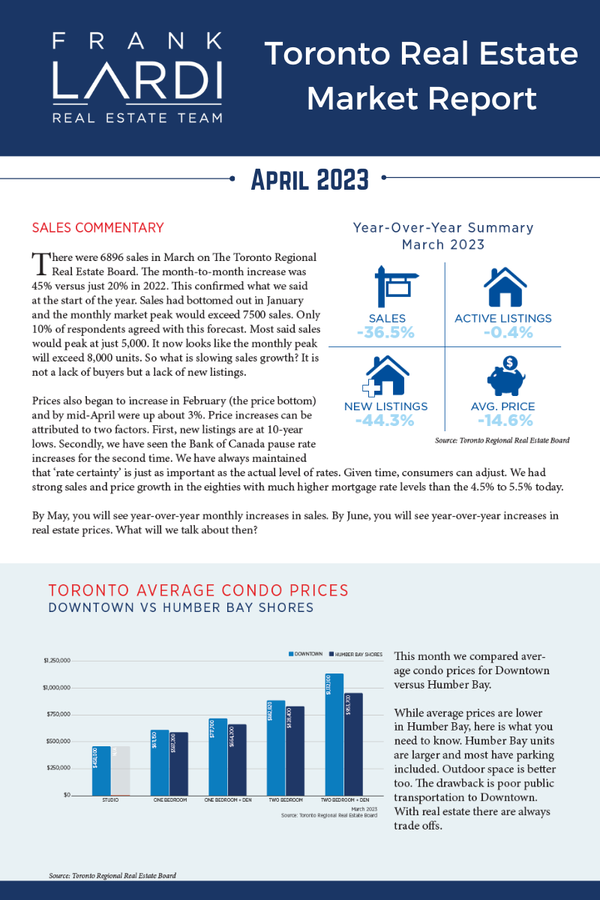City Council Approves Framework for New Vacant Home Tax and Adopts Home Energy Rating Program
There have been several recent announcements from the City of Toronto, which could impact the housing market if ultimately implemented:
1.) City Council has approved the framework for a new vacant home tax, which is intended to improve the availability and affordability of housing stock by creating a disincentive for homeowners to keep their properties vacant. The tax is proposed to come into effect on January 1, 2022.
If a property has been unoccupied for more than six months during the previous calendar year, it will be deemed a “vacant home” under the new by-law and will be taxable at a rate of 1% of the property’s appraised value. However, there are certain exemptions:
-Property is a principal residence
-Owner has passed away
-Owner is in care or hospital
-Property is undergoing major renovations
-Owner is a snowbird
-A court order is in place
In principle, the proposed tax could be useful as one of several tools used by the city to increase housing supply, however, there is a concern that its primary objective is to simply create another means of generating revenue.
2.) City council has also approved in principle, a home energy rating and disclosure program. Homeowners would have an energy audit conducted on their home, receive a home energy efficiency rating, and would disclose this rating to potential buyers. City staff will report back in Q3 of this year with a plan for a voluntary program, which would begin in the latter half of 2022.
A subsequent plan to make the program mandatory could follow by 2025. However, making the home energy rating and disclosure mandatory comes with several significant challenges:
-City of Toronto homeowners would be required to meet efficiency requirements before a sale that others in the GTA would not, potentially putting them at a disadvantage.
-Housing transactions could be delayed as homeowners wait for an energy audit before being able to sell.
-Homeowners would be required to work with home energy auditors who are not provincially regulated, potentially leading to consumer protection issues.
As an alternative, the City could invest in incentive programs that provide financial assistance or rebates for retrofits to improve a home’s energy efficiency, as such programs have been extremely successful in the past. Having said that, for such programs to be meaningful and make a difference in terms of climate change and reducing greenhouse gas emissions, they cannot be tackled in isolation at a local level but should be considered at the provincial or federal levels.
Categories
Recent Posts










